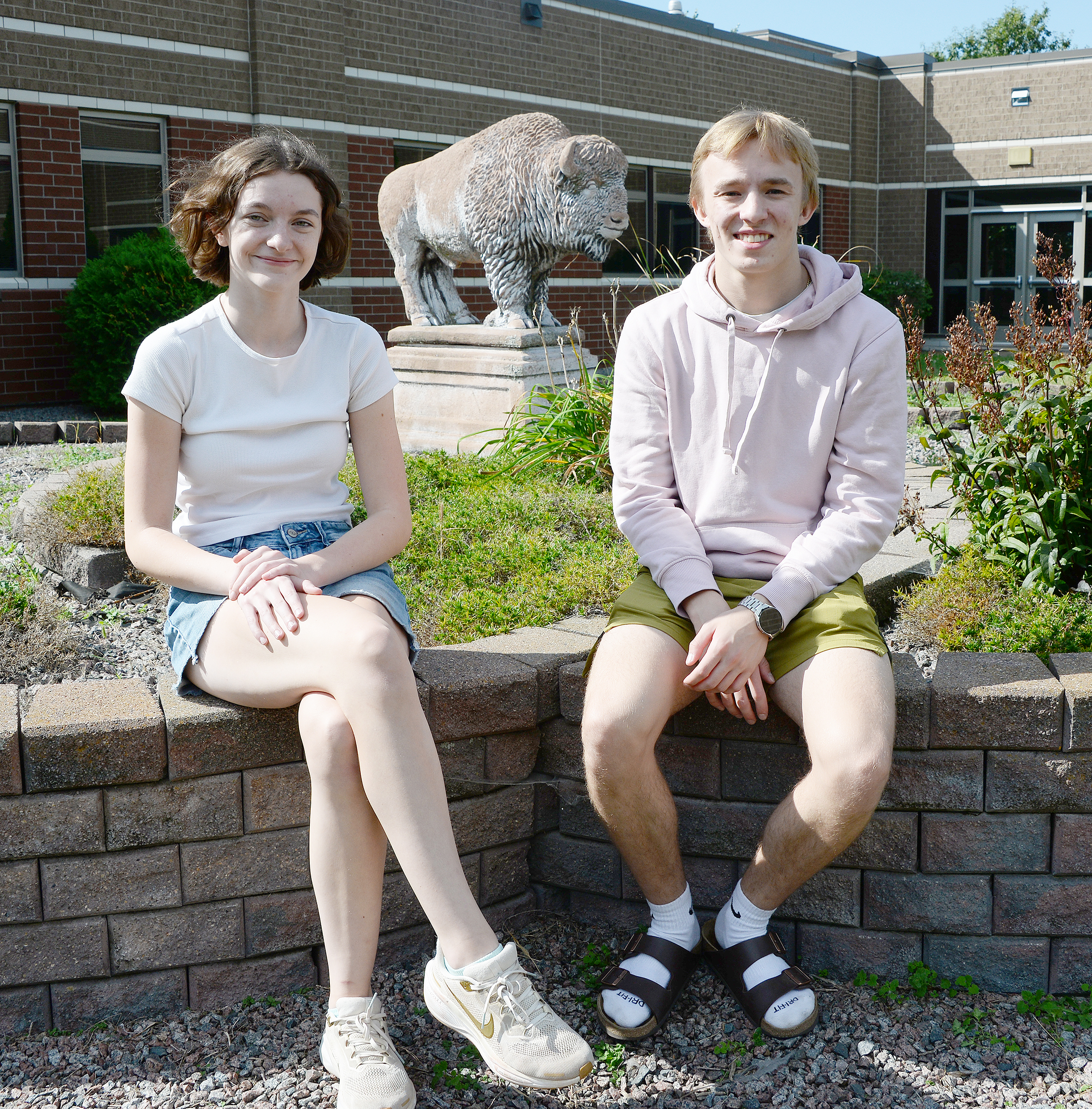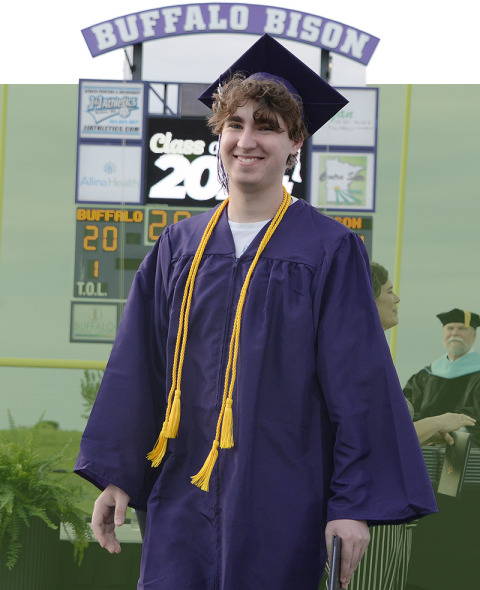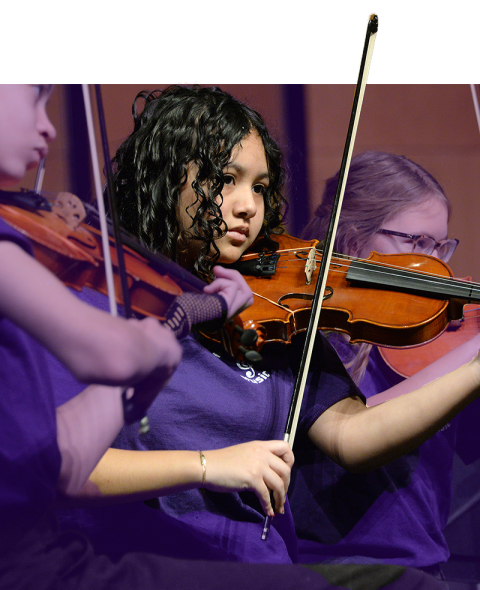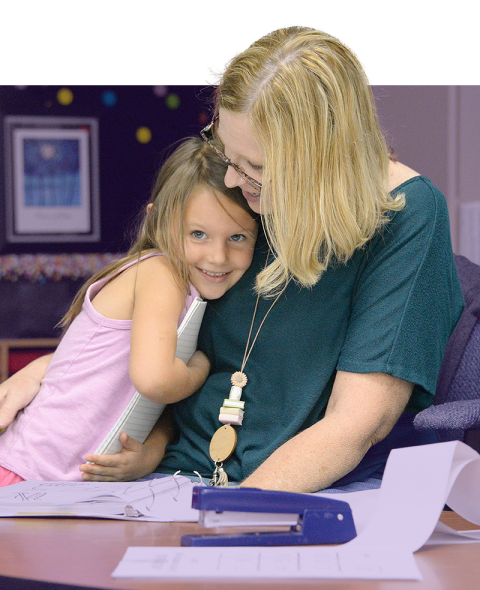Hallman, Kariniemi named National Merit semifinalists

Although more than 1.3 million students compete for National Merit scholarships each year, few advance beyond the first step of taking the Preliminary SAT/National Merit Scholarship Qualifying Test due to the highly selective nature of the competition.
Earlier this month, however, two Buffalo High School seniors learned that they ranked among the top 1% of students in the national pool, qualifying them to become semifinalists for a National Merit scholarship.
They are no strangers to academic success, but Jayde Hallman and Julien Kariniemi said the news was still surprising.
“It’s pretty hard to conceptualize that fact,” said Hallman, who was one of Buffalo High School’s ExCEL Award winners last winter for leadership across a range of disciplines, from sports and fine arts to community volunteering. “It’s kind of like, ‘Oh, it’s just us two. Cool.’”
While Hallman and Kariniemi are the only semifinalists, Buffalo High School also had three students earn Commended Student status by finishing in the top 2.6% of students who took the PSAT nationally. Commended Students do not advance for scholarship consideration, but Dexter Huss, Daniel Jungwirth and Mackenzie Koren have still distinguished themselves among the top students nationally.
BHS Principal Mark Mischke said that having five total students earn semifinalist or commended status might be the most the school has ever had in one year.
“What we dream of happening at the high school is that every kid sees themselves in our building,” Mischke said. “Rigor with support is the theme. We’ve given them rigorous challenges and supported them along the way in the things they want to explore. They are great examples to our community.”
Semifinalist path
Both Hallman and Kariniemi are products of the district’s accelerated Quest program, which serves gifted students in grades 2-9 before college-level classes become available to sophomores in high school.
The similarities don’t stop there. Both are considering college majors in aerospace engineering, and the University of Minnesota is their most likely destination at present, though Hallman is also considering Case Western University in Ohio. In addition, she is exploring the idea of a double major, potentially adding computer science as a primary field of study.
“That might be a bad idea,” she said with a laugh. “I already have a lot of credits that could be applicable to either area, so we’ll see. I just want to have more career options. I think that would set me up for a broad range of things. You’d think you could hire a rocket science major for basically anything.”
Kariniemi said he hasn’t completely settled on the aerospace branch of engineering, but may look into mechanical, electrical or nuclear engineering instead.
“I’m not entirely sure what, but I will do something in engineering,” he said.
Keys to success
Both students have embraced the challenging options available in the BHS course list, taking numerous College-in-the-Schools courses that will save them both time and money in the next stage of their educational journey.
“They’re not coasting,” said Mischke, adding that the test scores that earned them semifinalist status are not an anomaly. In terms of grade point average, Kariniemi is ranked No. 1 out of 487 students in the senior class with a perfect 4.0. Hallman is only a notch behind at 3.99.
How do they maintain such consistent classroom success?
“Just pay attention in class,” Kariniemi said. “Study what you don’t understand. In sports, if there’s an area of your game you’re lacking in, that’s what you work on. It’s the same in school.”
“If you don’t understand, don’t just dismiss it,” Hallman agreed. “You need to actually confront the issue and try to resolve it.”
Favorite subjects
Both students said band was among their favorite classes. Hallman plays the clarinet, bass clarinet and tenor saxophone, and Kariniemi plays the trombone. Outside of the music room, Kariniemi said Calculus B/C was another favorite.
“Math is just interesting to me. I like trying to find unique solutions to different problems,” he said. “There are a whole bunch of ways to get to the right answer, and it’s just kind of fun to think about.”
Hallman said AP Computer Science is another one of her most enjoyable courses.
“The coding stuff is clicking better in my brain than I expected,” she said. “Before taking a coding class I don’t think I had a good concept of how it looked or worked, but everything is so much more intuitive than I expected. Yes, it’s math-based, but it’s mostly just learning a language, which I think is a really fun aspect of the class.”
While language arts is not the academic area of highest interest, both students said English teacher Ryan McCallum has been among their most influential instructors.
“The way he taught his class really helped me develop critical thinking skills and figure out how to think about things in a meaningful way,” said Kariniemi.
Math teacher David Kilgore and band director Scott Rabehl were other influential teachers for both students. In addition, Kariniemi credited band director Mike Knutson, and Hallman thanked social studies teacher Tara Rosh, for encouraging them and helping them to excel in their studies.
What’s next
Out of 16,000 semifinalists nationally, about 15,000 typically complete the additional steps necessary to achieve finalist status for roughly 6,800 National Merit scholarships.
Those steps include submitting a detailed scholarship application requiring information about their academic records, participation in school and community activities, leadership, employment, honors and awards. There are also various other stipulations.
“[Being a semifinalist] is a big deal, but the real big deal would be winning a scholarship,” said Kariniemi.
Recipients will be selected on the basis of their skills, accomplishments and potential for success in rigorous college studies.
• Hallman is the daughter of Greg and Jen Hallman of Waverly.
• Kariniemi is the son of Erik and Brita Kariniemi of Buffalo.


